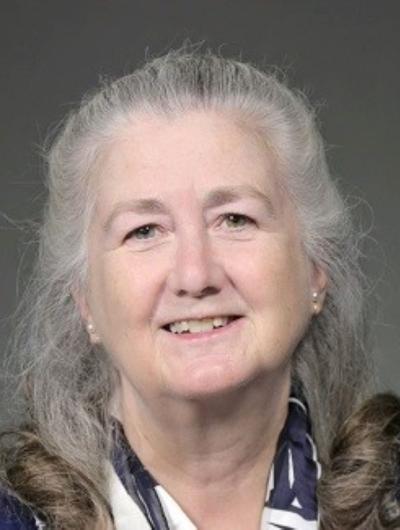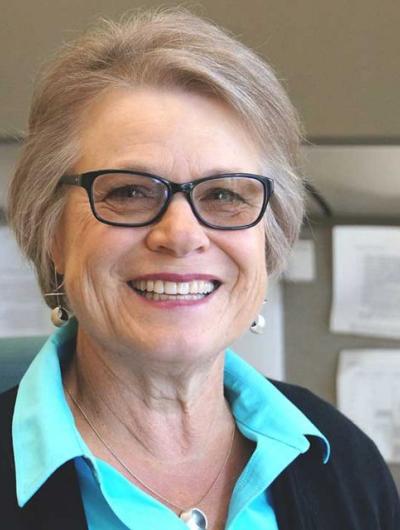Research under the Families, Gender, and Work area is coordinated by Sarah Thébaud.
Research under this area utilizes diverse quantitative and qualitative methodological approaches to describe and explain inequalities and diversity within families, workplaces, and other social institutions.
Understanding the roles of families and households in acquiring and distributing resources and in regulating the interactions of individuals within and across generations is fundamental to the study of demographic processes and social inequality. Childbearing, the development of children into adults, and the care of the elderly all take place within families and in the context of the mating and parenting strategies of adult men and women. Moreover, the social dynamics and divisions of paid and unpaid labor within families are highly structured by gender and sexuality. Aside from their connection to reproduction, gender and sexuality play a central role in family processes because they are constituted at multiple levels of analysis, ranging from identities and interactional dynamics at the individual and social-interactional levels, to institutional structures (such as labor supply, patterns of occupational segregation, organizational and state-level policies and practices, and cultural stereotypes) at the macro-level.
The Center’s research in the Families, Gender, and Work area brings a multidisciplinary perspective to studies of variation and change in families and family behavior, inequalities rooted in gender and sexual identity, and organizational and state-level policies and practices as they relate to families, gender and sexuality.
Researchers
Affiliates associated with the Families, Gender and Work area
















































